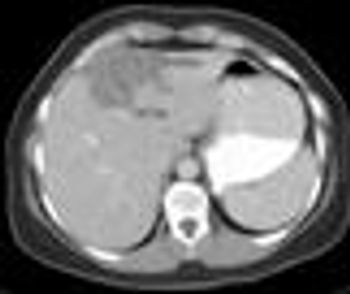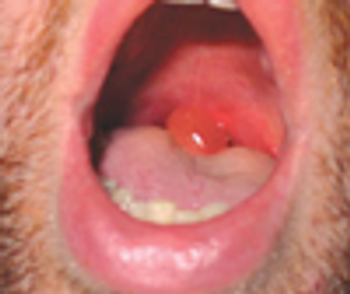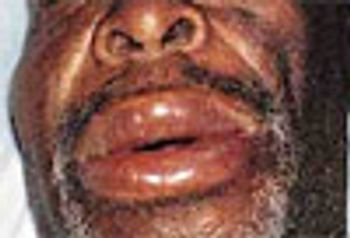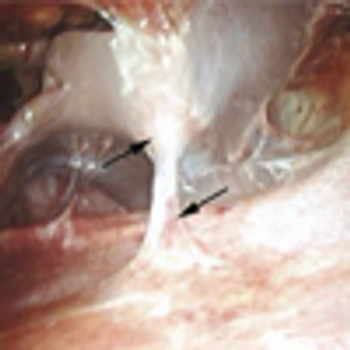
In a perfect world, doctors would not prescribe – and patients would not take – drugs that do more harm than good.

In a perfect world, doctors would not prescribe – and patients would not take – drugs that do more harm than good.


What's your diagnosis? For hints and clues, click above.

What physical and radiologic clues suggest that surgical replacement of the knee may be indicated? Here, Dr. Bill Walter, an orthopaedic surgeon who specializes in hip and knee replacement, walks you through the details.



What's your diagnosis? For hints and clues, click here.

Young and optimistic, this chief resident at Swedish Family Medicine Residency, Denver, Colo., describes her vision of how healthcare now demands more partnerships and community point of view.

Virgilio Licona wants to provide evidence-based, accountable care to patients, but, so far, he doesn't actually get paid to do it. He's finding ways to make it happen anyway.

There’s more to the value of health care than clinical effectiveness for patients and cost-effectiveness for individuals and governments.

In a recent JAMA commentary, the authors suggest that state intervention might be considered in severe instances of childhood obesity.

A 5-year old boy presented with these nonpruritic nonsupurrative painful erythematous nodules on his lower extremities. The rash had appeared about 1 week after the onset of a dry hacking cough.

A 23-year-old undocumented citizen came to a community clinic with her children. She asked to see the social worker. She stated that she was the victim of domestic abuse in her home the night before her visit. She was well known in the clinic and this was not her first experience with domestic violence

Here: Dr Adrian Lim walks you through the steps involved in treatment of patients using botulin toxin (Botox) for cosmetic enhancement of facial lines and wrinkles.

Dr Adrian Lim shines a light on a variety of techniques -including use of trichloracetic acid, ablative resurfacing, and full and fractional resurfacing, to help correct post-acne scarring.

Here: Ted Rosen, MD, presents 5 tips about 5 disorders that you might not know.


An 87-year-old man experienced a scratchy throat and difficulty speaking, which cleared after taking over-the-counter throat lozenges.

While he was doing yard work, a man experienced acute, severe, burning pain.

6 Shots - 6 Tips. Zebras: Clinical Surprises.